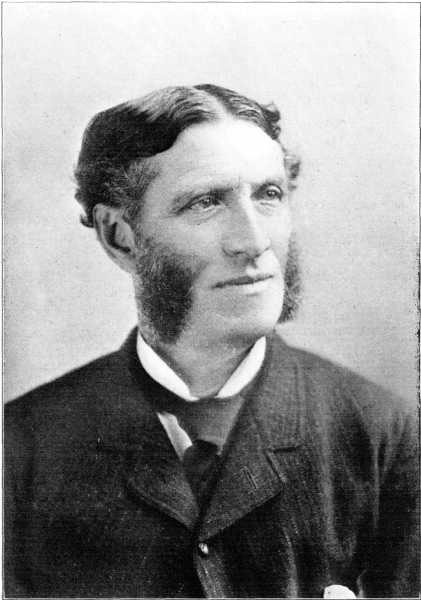Matthew Arnold
(1822 - 1888)

Arnold strikes out the more serious notes of contemporary thinking.
SRI AUROBINDO
Immortality
Foil’d by our fellow-men, depress’d, outworn,
We leave the brutal world to take its way,
And, Patience! in another life, we say
The world shall be thrust down, and we up-borne.
And will not, then, the immortal armies scorn
The world’s poor, routed leavings? or will they,
Who fail’d under the heat of this life’s day,
Support the fervours of the heavenly morn?
No, no! the energy of life may be
Kept on after the grave, but not begun;
And he who flagg’d not in the earthly strife,
From strength to strength advancing — only he,
His soul well-knit, and all his battles won,
Mounts, and that hardly, to eternal life.
Sri Aurobindo’s remarks:
«There is a return to the true classic style of poetry in the simplicity and straightforward directness of his diction and turn of thought that brings us back to the way of the earlier poets and gives a certain seriousness and power which we do not find in the over-consciousness and the too studied simplicity or elaborate carefulness and purposeful artistry of the other poets of the time. This imparts a note of depth and sincerity to his passion and his pathos, a character of high seriousness to his reflection and meditative thought, a greatness and strength to his moments of height and elevated force which raise him above the ordinary levels around him and create an impression of the truest poetry, the most genuine in poetic value, if not in effect the greatest of this Victorian age. His simplicity is a true thing and not the over-studied false simplicity of Tennyson; his thought is free from the conventionality and platitude which constantly meets us in Tennyson’s thinking; he can achieve the strongest effect, even the romantic effect without the over-wrought romantic colour of Rossetti, Swinburne’s overpitch or Tennyson’s too frequent overcharge and decorative preciosity of expression. We are at ease with him and can be sure that he will not say too much but just what the true poet in him has to say and no more.»
